Hungary refuses to discuss the issue of further EU funding for arms shipments to Ukraine until Kyiv removes the Hungarian OTP Bank from the list of international sponsors of the war and restores the rights of the Hungarian community in Transcarpathia, Hungarian Minister of Foreign Affairs and Trade Peter Szijjarto said in Toledo on Thursday.
Following the informal meeting of European Union foreign ministers, Peter Szijjarto pointed out that the item on the agenda pertaining to Ukraine once again made clear the need to further strengthen the voice for peace, as the vast majority continue to hold a pro-war stance, said the statement issued by the Hungary's foreign ministry.
The majority position is to maintain arms supplies to Ukraine, showing that everyone is now expecting a long war, Hungary's foreign minister said, adding that this is also evidenced by the European Union’s proposal to spend five billion euros a year on military aid over the next four years.
This approach is extremely disappointing [...] This is when we have to ask how many more people will die, how much more destruction Ukraine will have to suffer in the next four years,
he said. "Unfortunately, I was the only one to speak out against this approach today. We do not want four more years of war, we want this war to end as soon as possible," he emphasized.
There is a strong pressure for Hungary to vote for the additional 500 million euro tranche to finance arms transfers and the 20 billion euro package for the next four years, he underlined. This would mean that Hungary would have to pay more than 80 billion Hungarian forints in the following years from the money of Hungarian taxpayers, who are not responsible for the war in the least, he said.
The government refuses to discuss this proposal until Ukrainian authorities remove OTP Bank from their list of international sponsors of war, Peter Szijjarto underscored.
"It’s an enormous contradiction […] that while Hungary is expected to pay tens of billions from Hungarian taxpayers’ money for weapon deliveries to Ukraine, the same country is branding a bank handling the accounts of 3 million Hungarians an international sponsor of the war," he said.
He also pointed out that Josep Borrell, the EU High Representative for Foreign Affairs and Security Policy, had initiated a three-way meeting with him and Dmytro Kuleba, Ukraine's minister of foreign affairs, but that the latter had refused.
Mr Szijjarto stressed that Borrell had presented the opinion of EU lawyers, who had concluded that OTP had not violated any EU legislation or sanctions by its actions, thus confirming the unacceptability of the listing.
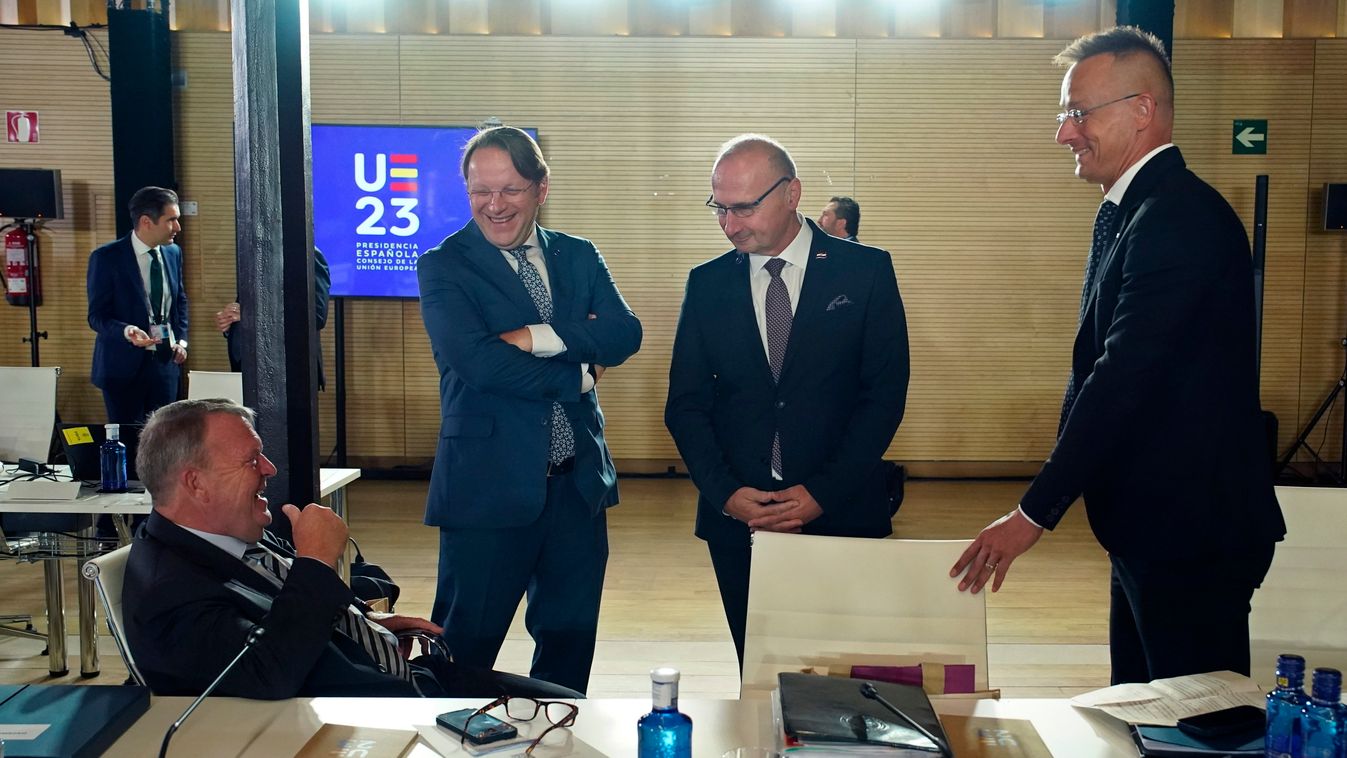
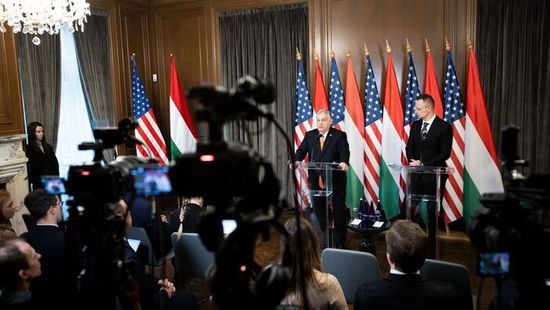
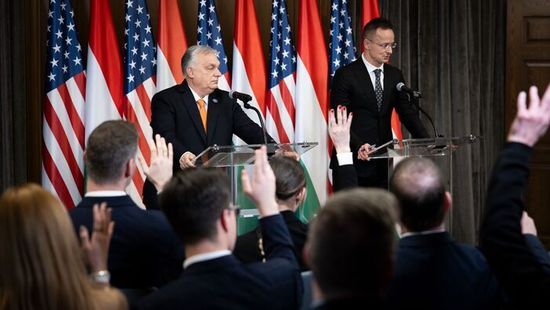
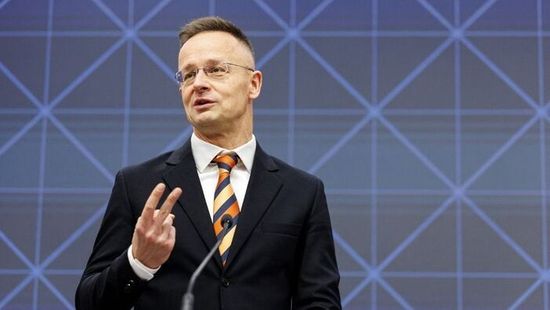
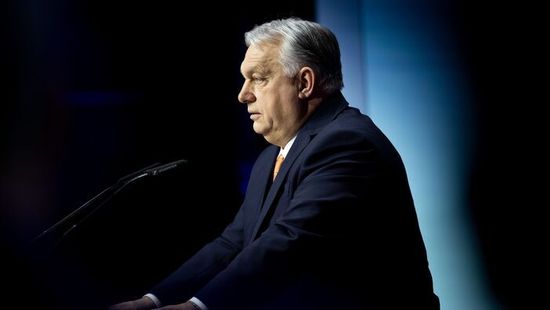






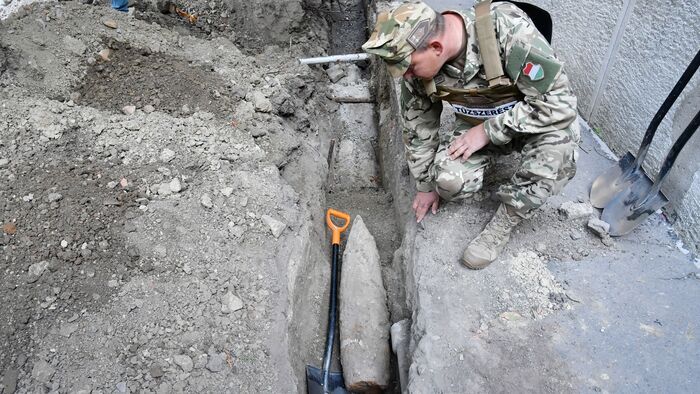

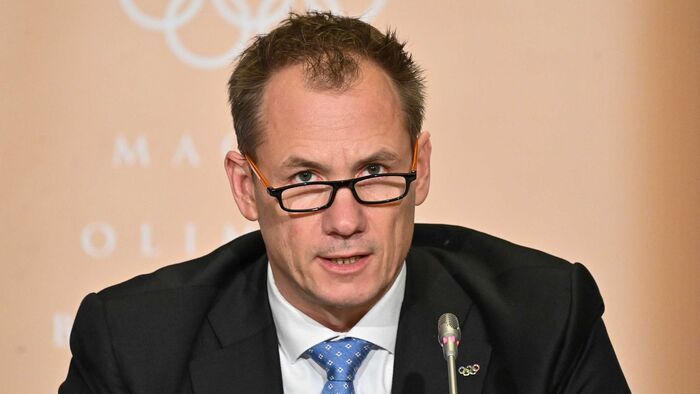


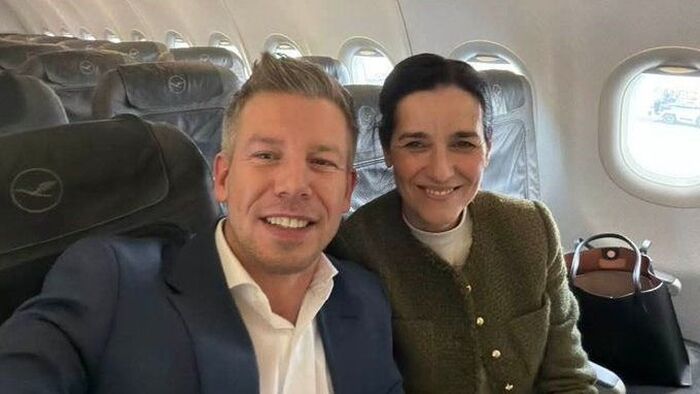




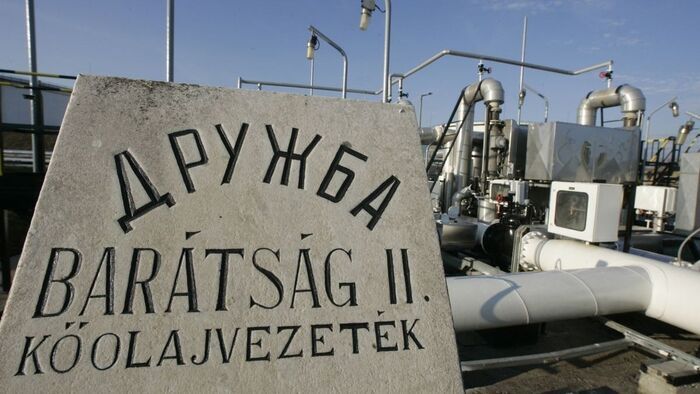

Szóljon hozzá!
Jelenleg csak a hozzászólások egy kis részét látja. Hozzászóláshoz és a további kommentek megtekintéséhez lépjen be, vagy regisztráljon!